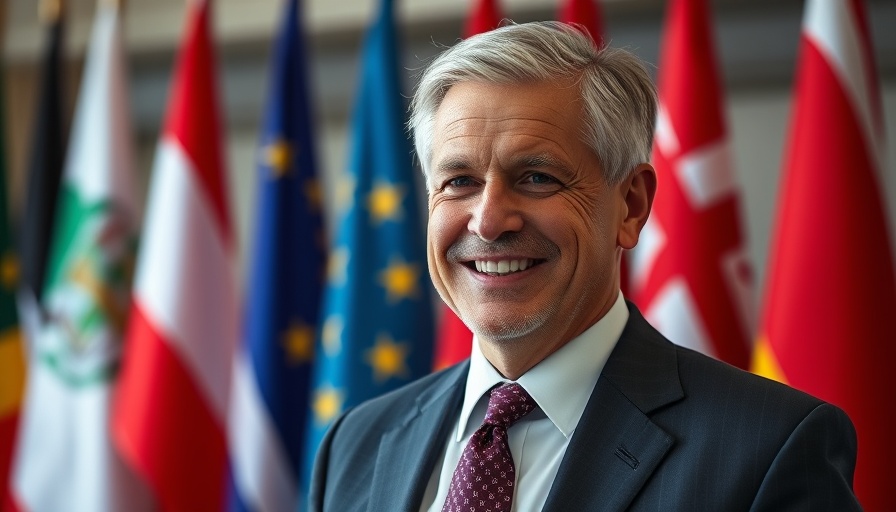
EU's Commitment to Democracy in Guyana
The European Union (EU) is set to send an Election Observation Mission (EOM) to Guyana ahead of the country’s crucial elections on September 1. This initiative underlines the EU's ongoing commitment to promoting democracy and transparency in electoral processes worldwide.
What Does the Election Observation Mission Entail?
The EOM is tasked with monitoring the elections to ensure they are conducted in a free, fair, and transparent manner. EU officials will work alongside local authorities and other observers to assess the electoral environment, ranging from the pre-election period to the voting day itself. Their presence is not only a safeguard for the elections but also a reassurance to the people of Guyana that international standards are upheld.
The Importance of Global Oversight in Elections
Engaging international observers is crucial in strengthening the integrity of electoral processes. Their insights provide a comprehensive view of the elections, which can highlight areas for improvement and showcase best practices. Citizens can draw confidence from the knowledge that their democratic rights will be upheld under scrutiny, fostering greater trust in the democratic process.
A Ray of Hope for Guyanese Citizens
The deployment of the EU observation mission serves as a beacon of hope for the people of Guyana, especially in a political climate that has seen its share of challenges. It aims to cultivate a more positive and trusting environment around the electoral process, encouraging participation from all segments of society.
As these elections approach, the EU’s intervention is expected to enhance transparency and allow the citizens of Guyana to engage fully in the democratic process. Their participation will be instrumental in shaping the country’s future.
 Add Row
Add Row  Add
Add 




Write A Comment